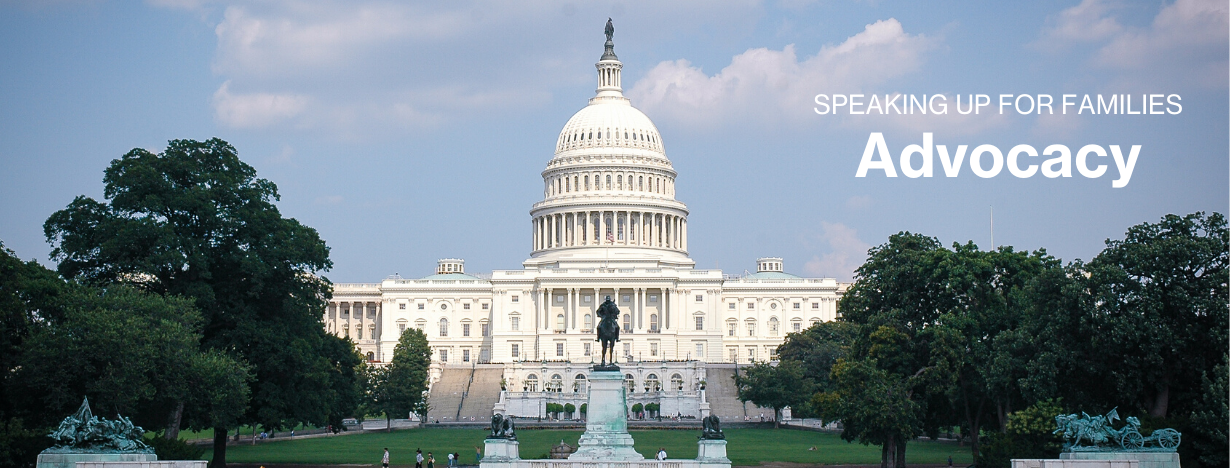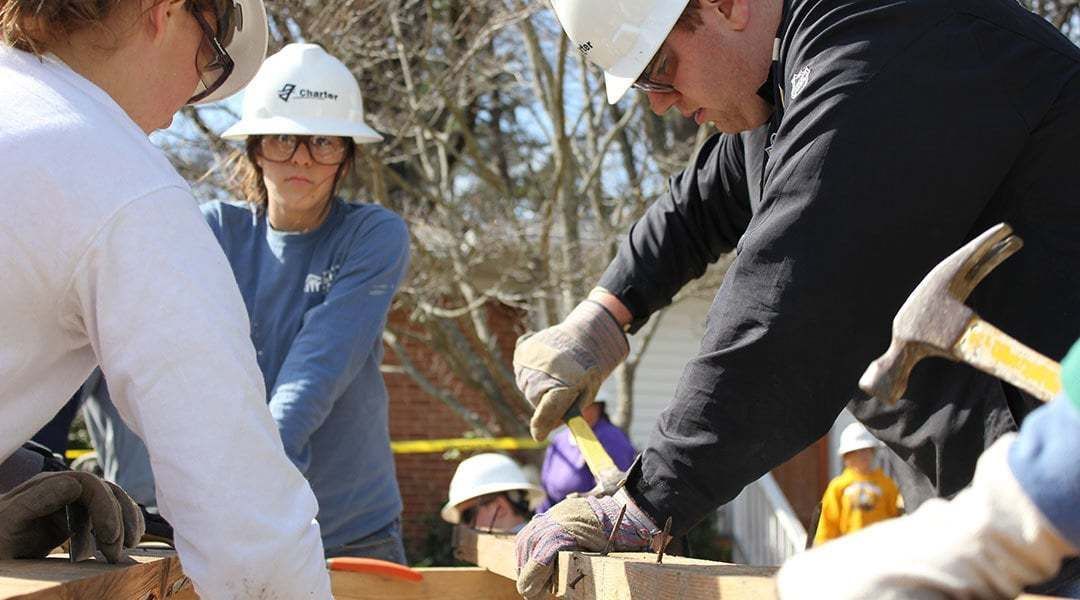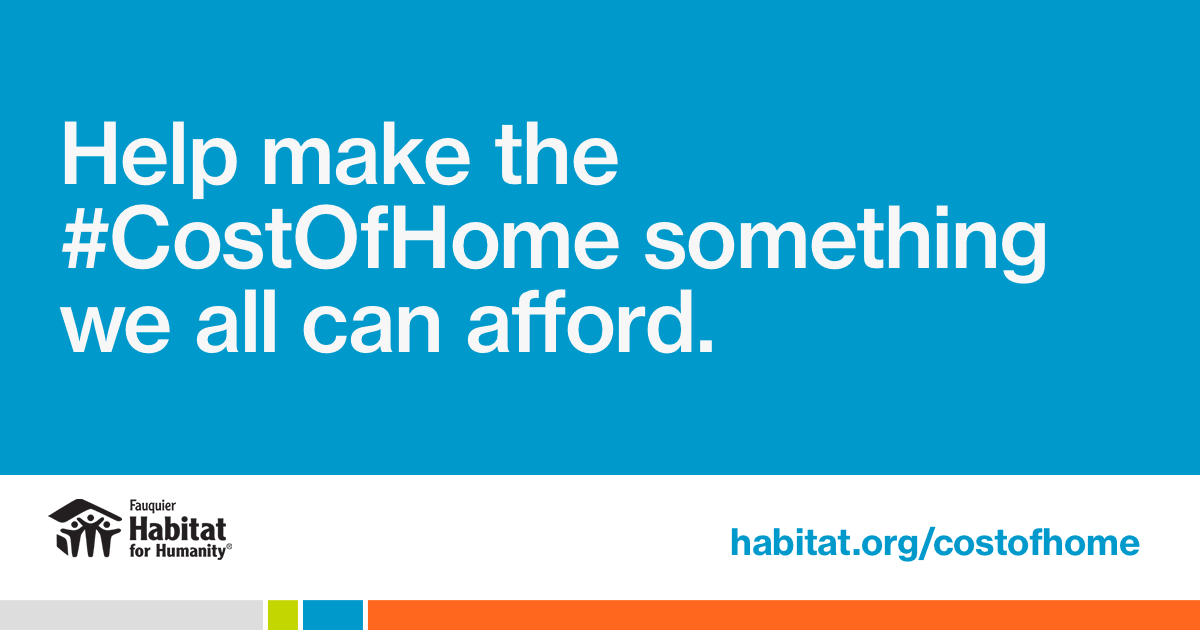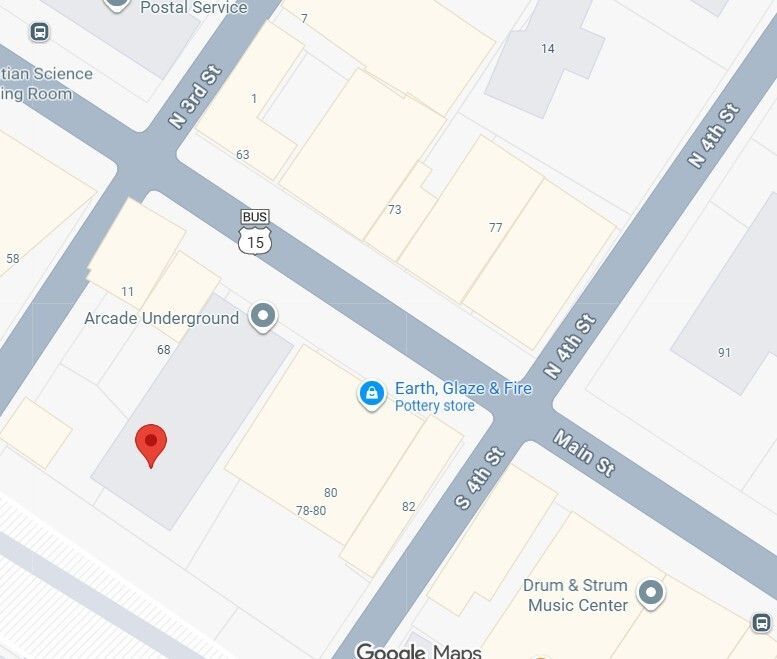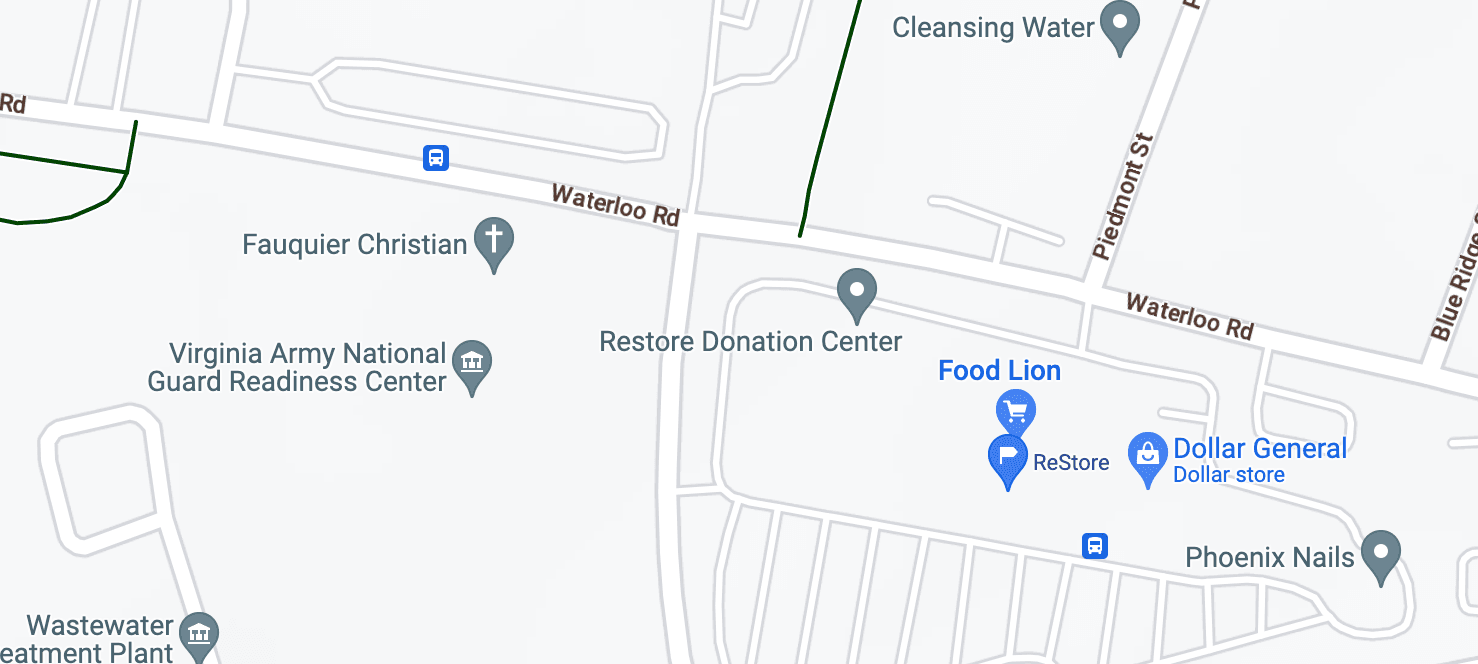The report on policy successes achieved by affiliates and affiliate support organizations from January 1 to March 30, 2024, is now available. The Government Relations and Advocacy team has confirmed that the Habitat network secured 40 policy victories, advocated for $1.28 billion in public funding for affordable housing, and positively impacted approximately 2.8 million individuals through policy changes during Q3. These successes in the third quarter have brought the total number of people impacted by policy efforts under the Cost of Home campaign to 9.4 million.
Habitat Advocates for Equitable Land Use
“Having energy efficiency and energy environmental sustainability is essential for homeowners. Families with low and mid incomes face the double burden of high costs for housing and energy despite the tendency to consume less energy. Almost 70% of low-income households face a high energy burden, spending more than 6% of their income on energy. We oppose the Rubio amendment.” - Melanie Burch, President & CEO, Fauquier Habitat for Humanity.
UPDATE: October 25, 2023
Washington, DC—In a bipartisan vote today, the U.S. Senate rejected an amendment to block a federal proposal that will lower household costs by ensuring more new homes are built to up-to-date energy codes.
In May, the U.S. Department of Housing and Urban Development (HUD) and Department of Agriculture (USDA) proposed new energy standards that would significantly lower costs for Americans. If the action is finalized, residents of these homes will save an estimated $14,500 for single-family houses and more than $5,000 per apartment or condo.
Leaders from top consumer, energy, and housing groups applauded the Senate’s decision and called on government agencies to implement these measures to lower costs for Americans.
_________________________
Fauquier Habitat for Humanity opposes Senator Marco Rubio’s recent proposal to stop the U.S. from finally moving ahead with new home building requirements that would stipulate that all new homes the federal government helps purchase must be built to the latest and greenest building codes. These new requirements would cut energy use by as much as 37% and allow those living in the homes to save an average of $14,536 in energy bills over the life of a single-family home. This collectively adds up to more than $74 million per year in utility bills. This requirement averages 2% of the cost of a new home, paying for itself in less than three years. Furthermore, the new requirements help to cut greenhouse gas emissions. We stand with more than 39 other organizations in communities across America to oppose Rubio’s proposal. We also join with more than 160 organizations and thousands of individuals who have submitted comments of support for the originally proposed energy-efficient plan.
- Black households, particularly those with low incomes, suffer higher rates of energy poverty compared to white households.
- Black and Hispanic/Latino households often face restrictions from living in energy-efficient homes because of an inability to afford energy-efficient appliances or to make the necessary energy-efficient upgrades.
-
Letter to
The Honorable Charles Schumer
The Honorable Mitch McConnell
The Honorable Patty Murray
The Honorable Susan Collins
In Virginia, 1 in 8 households spend half or more of their income on housing. Even before the coronavirus pandemic, nearly one-third of households across the nation faced housing cost burdens — paying either 30% of their income for housing (cost-burdened) or 50% of their housing income (severely cost-burdened) – due to increased housing costs and growing income inequality. As the economic fallout from the pandemic continues, millions of families are at risk of losing their homes and more than 37 million households are cost-burdened, with little income to afford food, health care and other basic necessities. With more than 17 million severely cost-burdened households in the U.S., advocating for home affordability and stability for homeowners and renters is more important now than ever before.
To stay up to date on our work – including our advocacy priorities and progress – sign up for our mailing list.
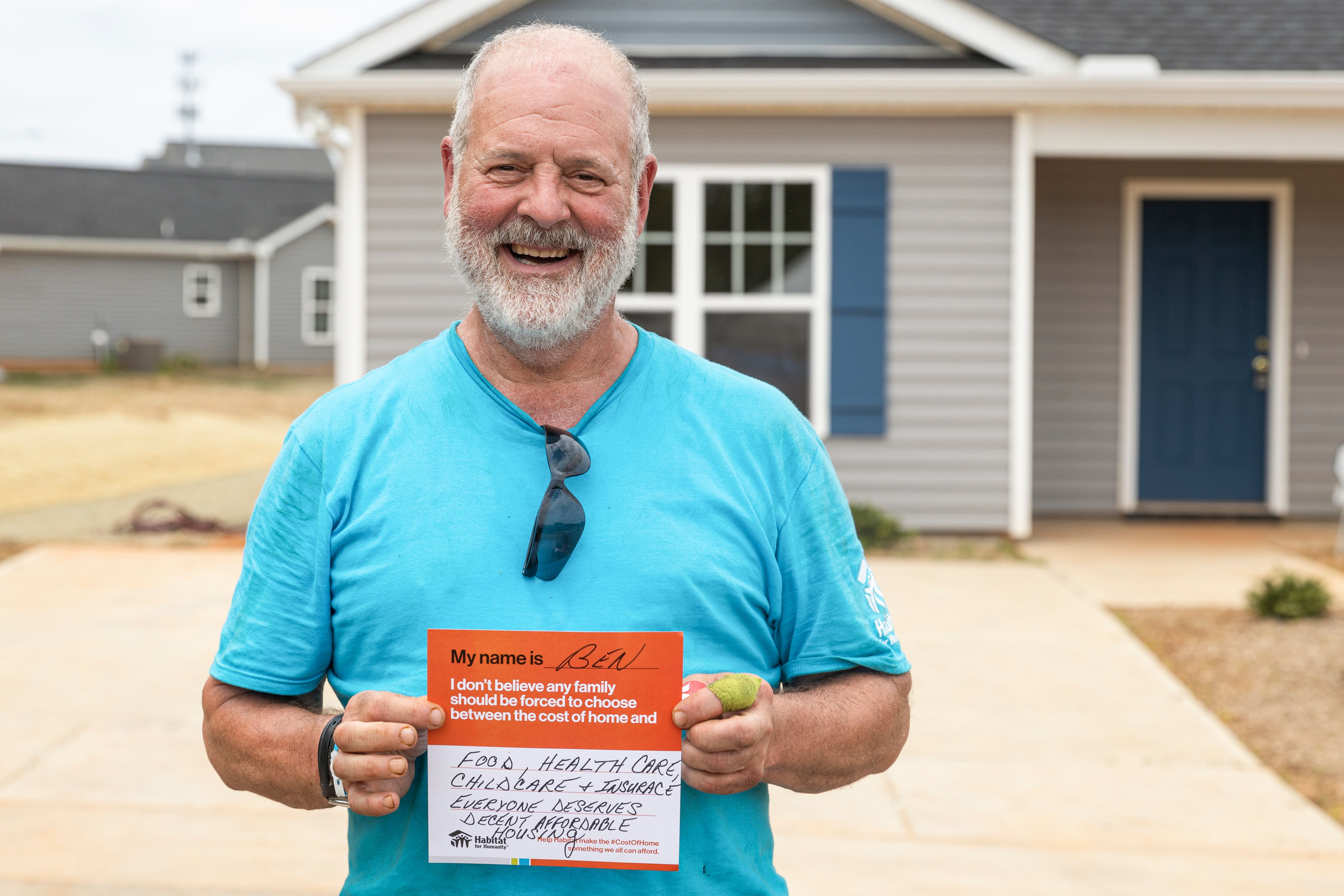
The issue: housing affordability
As an affiliate of Habitat for Humanity International, Fauquier Habitat has joined the Cost of Home National Advocacy Campaign to work alongside housing advocates, Habitat homeowners, volunteers and supporters, and our local government to find the solutions and help create the policies that will allow 10 million individuals to meet their most basic needs.
Families all across the United States are paying too high a price to cover the cost of their home. Rents and homeownership costs are skyrocketing, while wages are not keeping pace. Far too often, families struggle to make ends meet. At Fauquier Habitat for Humanity, we know that a family should never have to spend more than 30 percent of their income on a home. But consider that today over 19 million U.S. households pay half or more of their income on a place to live.
That is unacceptable.
In Virginia, 1 in 8 families are denied the personal and economic stability that safe, decent and affordable housing provides. Instead, 1 in 8 families are forced to make impossible choices.
Safe homes. Nutritious food on the table. Health care. Access to good schools. Reliable transportation.
Which would you choose?
Habitat for Humanity knows the complexities that surround the cost of a home. We also know the struggle, stress, and pain of far too many families in our communities. And we know that those with the fewest resources are forced to make the hardest choices. We have to take a stand and declare our commitment: No family should have to pay more than half of their paycheck to cover the cost of a home. Everyone deserves to build the foundation for a strong, healthy future for themselves and their families — no matter where they live or how much money they earn.
Every family deserves the chance to thrive.
How can I help?
- Join one of our committees and directly influence Fauquier Habitat's role in advocating for improved home affordability.
- Donate to Fauquier Habitat to support our efforts to build affordable homes.
- Visit www.habitat.org/costofhome to learn more about this nationwide campaign.


